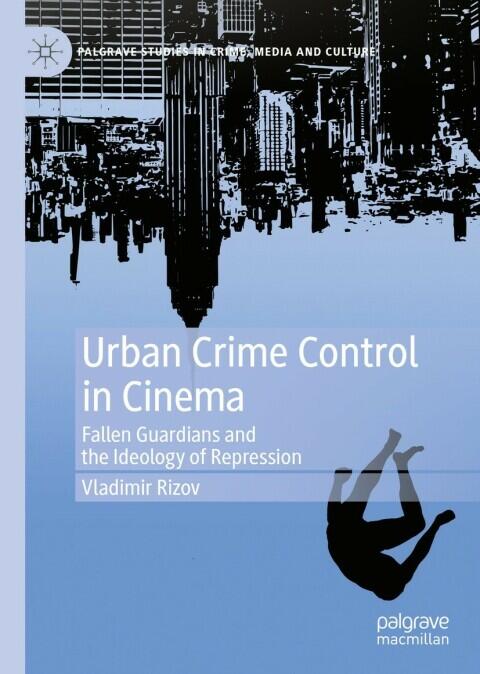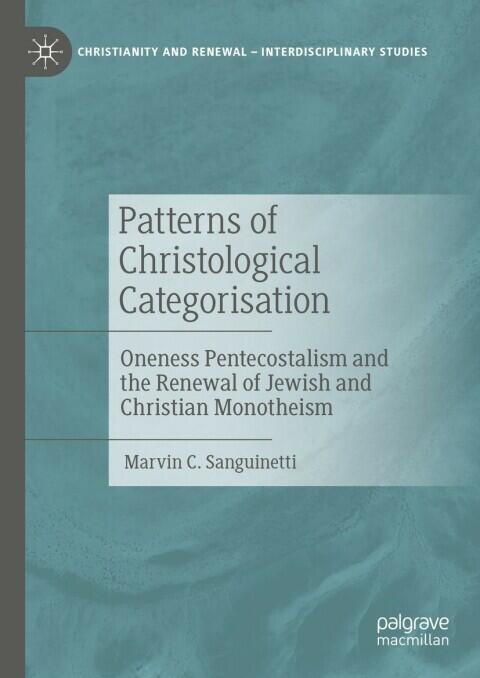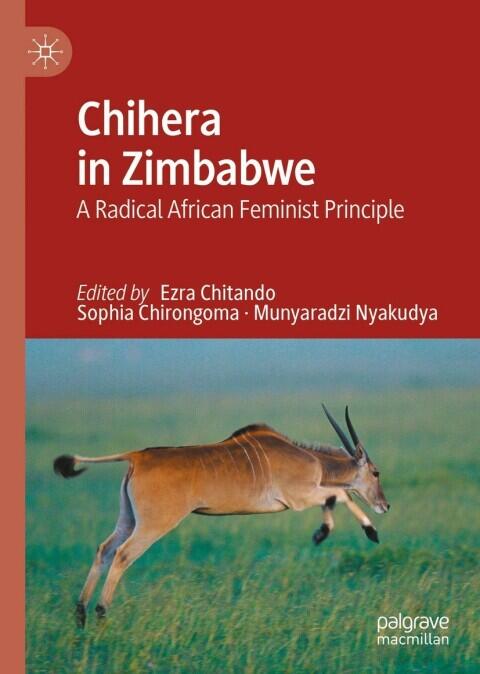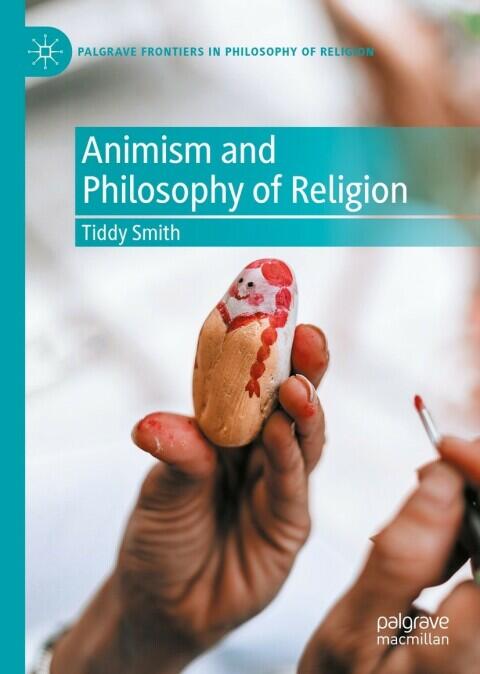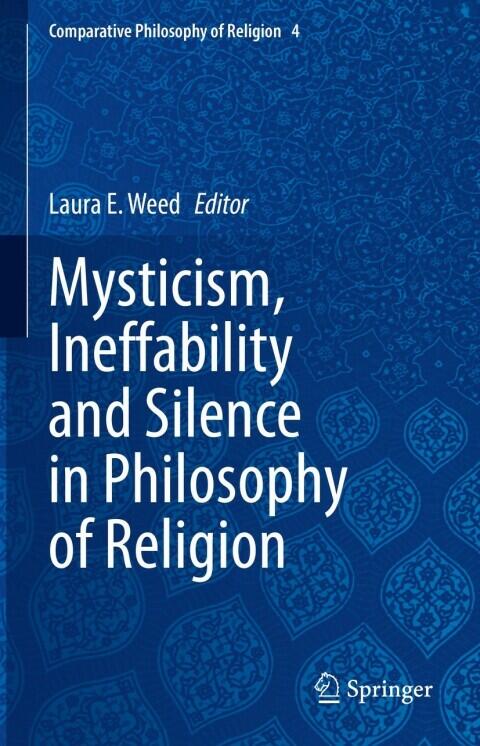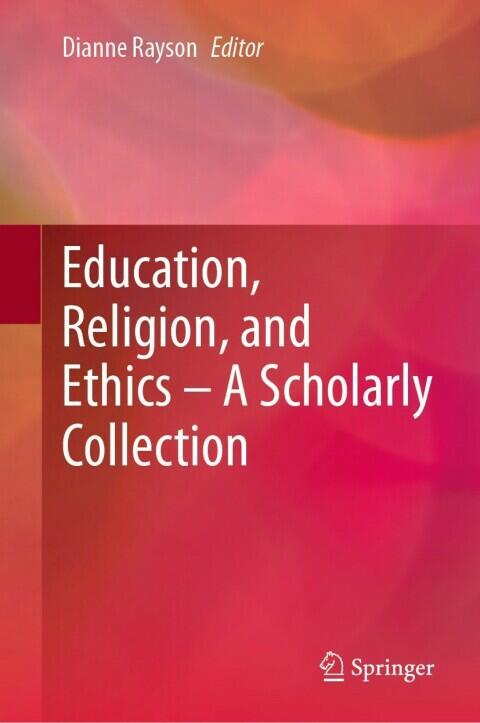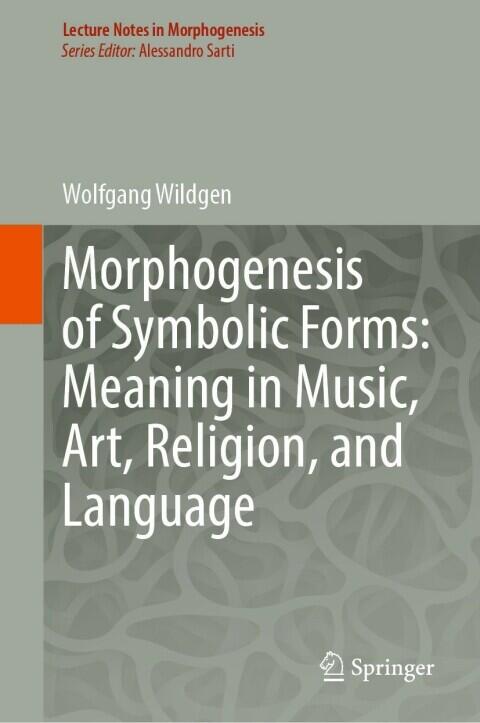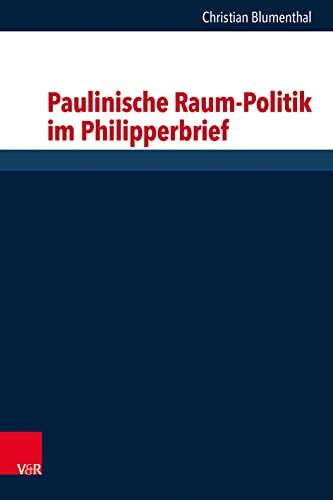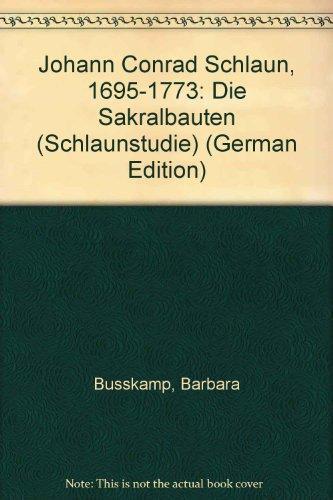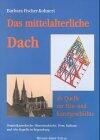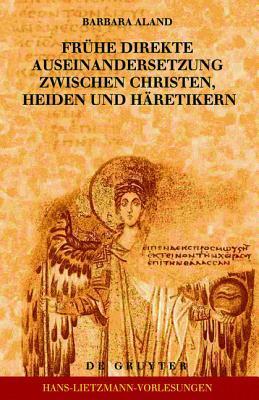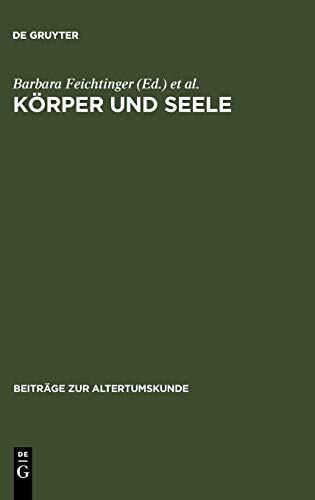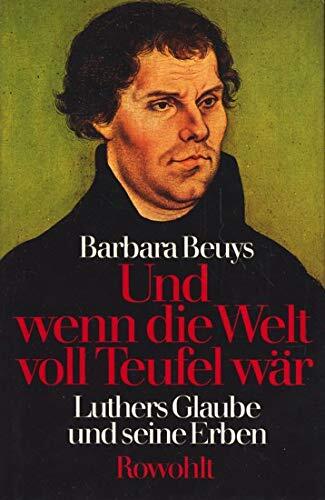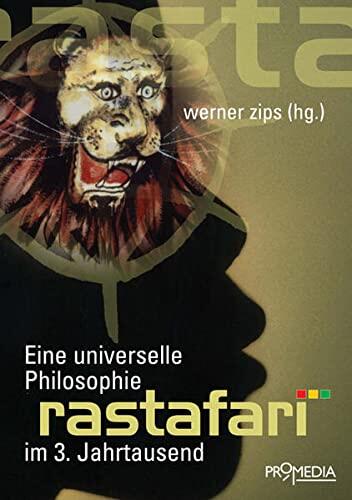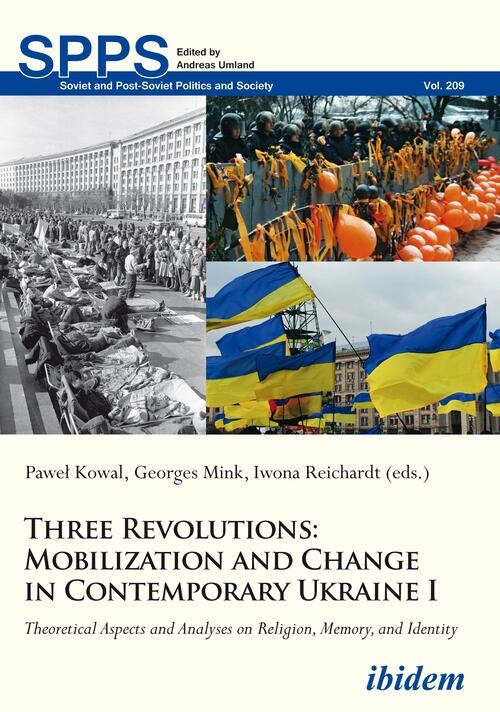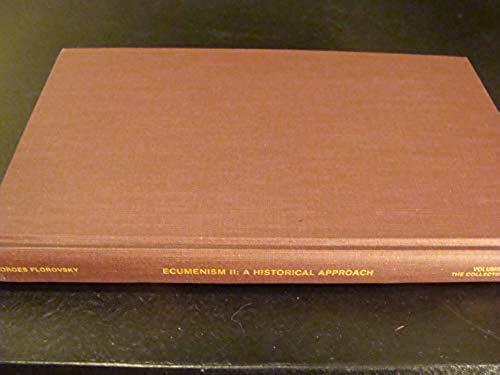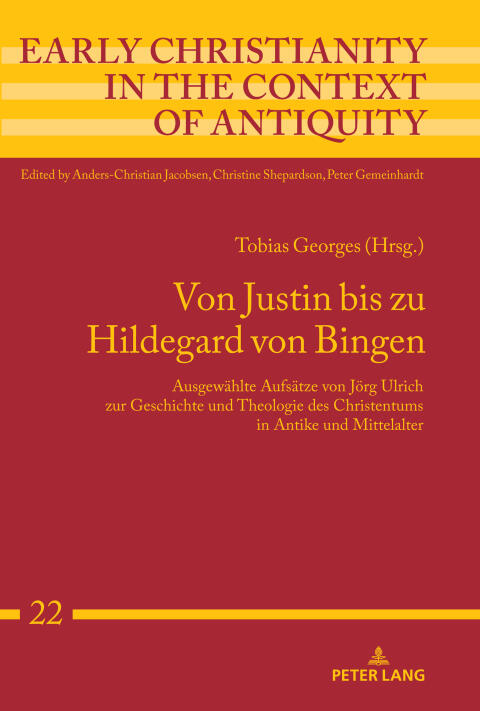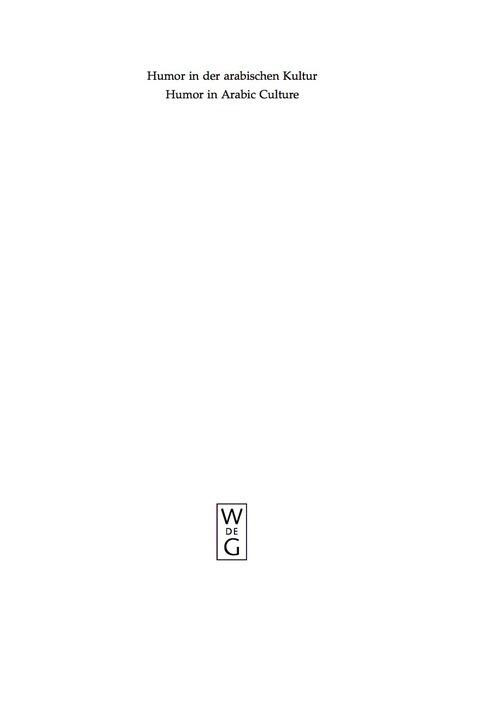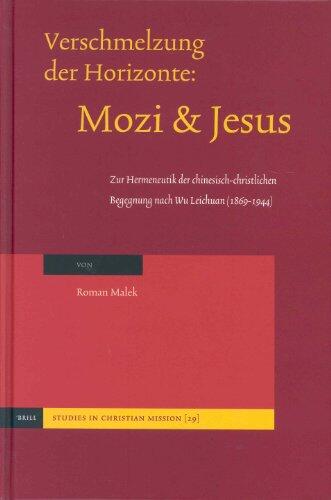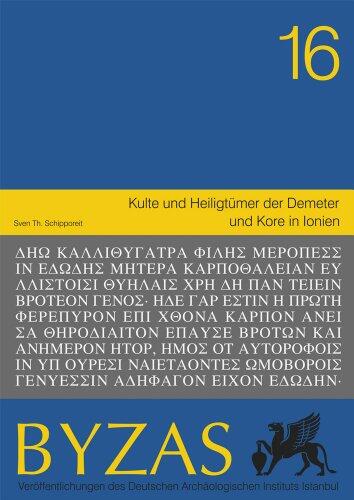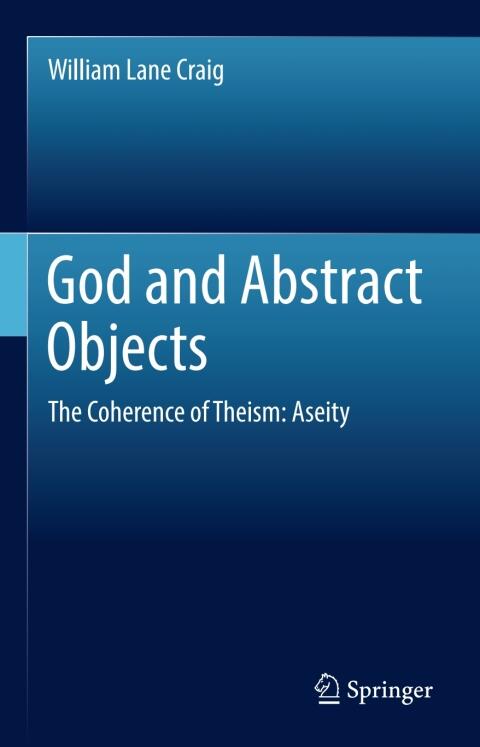
God and Abstract Objects: The Coherence of Theism: Aseity
بواسطة
William Lane Craig
لا توجد تقييمات بعد
Religion & Spirituality
Philosophy
تنسيق
كيندل
صفحات
899
لغة
الألمانية
منشور
Jan 1, 2017
الناشر
Springer
الطبعة
1st ed. 2017
رقم ISBN-10
3319553844
رقم ISBN-13
9783319553849
الوصف
In this engaging exploration, the author delves into the intricate relationship between God and abstract objects, offering a profound defense of classical theism. Through rigorous philosophical analysis, he examines the concept of divine aseity, asserting that God's existence is independent and self-sufficient. This investigation seeks to clarify how these fundamental theological principles can coexist with abstract entities, challenging prevailing objections and misconceptions.
The narrative unfolds as the author meticulously navigates complex philosophical terrain, providing readers with a refreshing perspective on age-old debates. By articulating the coherence of divine attributes with the existence of abstract objects, he invites a deeper understanding of the nature of God. Each chapter is a thoughtful contribution to the discourse on theism, pushing boundaries and encouraging critical reflection.
Ultimately, this work serves as both a scholarly treatise and an accessible introduction for those intrigued by the intersection of philosophy and theology. It stands as a testament to the author's commitment to clarity and rigor in defending the tenets of faith against philosophical scrutiny.
The narrative unfolds as the author meticulously navigates complex philosophical terrain, providing readers with a refreshing perspective on age-old debates. By articulating the coherence of divine attributes with the existence of abstract objects, he invites a deeper understanding of the nature of God. Each chapter is a thoughtful contribution to the discourse on theism, pushing boundaries and encouraging critical reflection.
Ultimately, this work serves as both a scholarly treatise and an accessible introduction for those intrigued by the intersection of philosophy and theology. It stands as a testament to the author's commitment to clarity and rigor in defending the tenets of faith against philosophical scrutiny.
